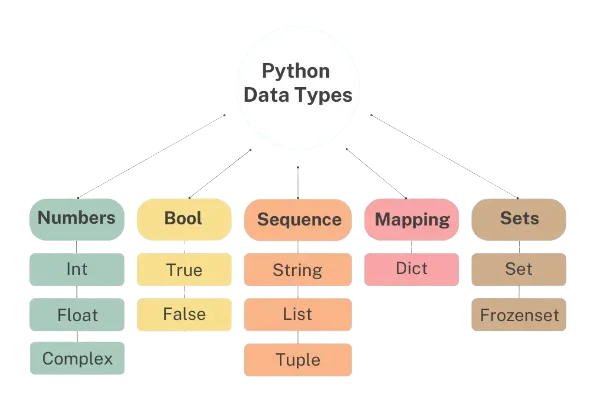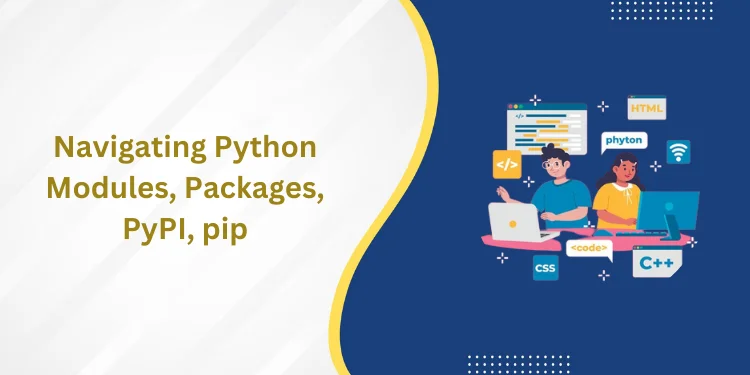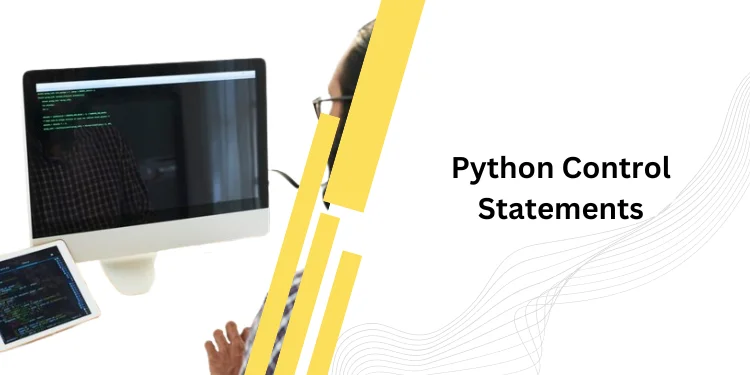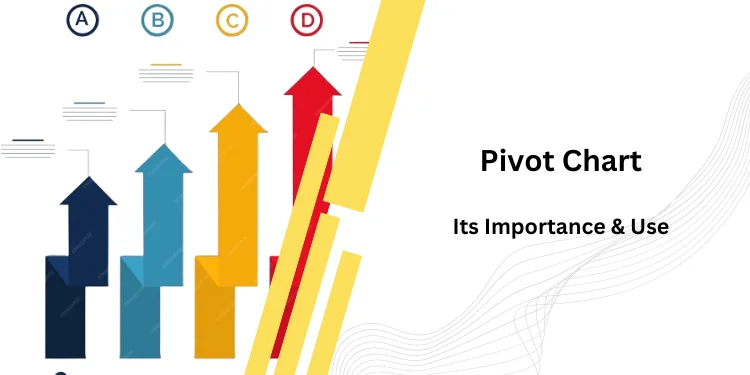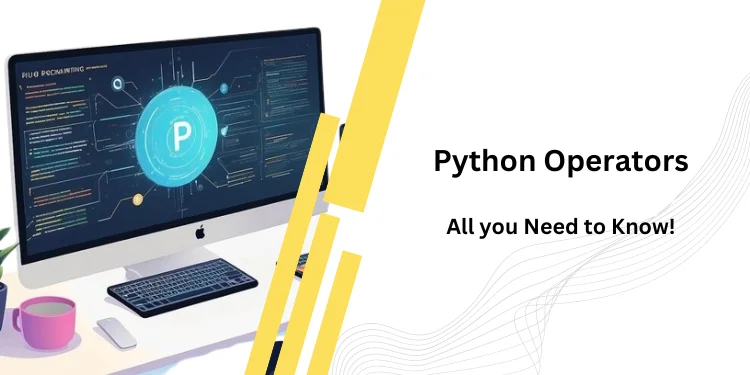Table of Contents
ToggleOverview of Managerial Round Interview Questions

Managers’ four basic management tasks are planning, organizing, leading, and controlling. Inspiring team members to meet deadlines brings out the best in everyone. They streamline processes, address common workplace problems, and more. These serve as the foundation for any industry for management round interview questions.
Managerial Round Interview Questions

1. How do management and leadership relate to one another in Managerial round interview questions?
Ans. You need to describe how they are connected to answer this management round interview question.
Managers, by definition, delegate duties, keep track of employee progress, and guarantee a team’s productivity requirements. Leadership focuses on influencing a team to achieve greater business goals.
A manager has a title and operates in a hierarchical organization. A strong sense of leadership is necessary for this position. It is not enough to ensure that the work is finished on time to guarantee team growth. When implementing new ideas, they need to have emotional intelligence, vision, and the capacity to motivate their team.
Have a look on data science course india
2. How do you establish priorities for yourself and your team?
Ans. In this Managerial round Interview questions, Show that you consistently set priorities in your response to this question.
- By constantly addressing priorities, ensure everyone on the team knows the objective.
- Using a project management programme, list tasks for each team member.
- Determine which tasks are essential and vital and schedule them accordingly.
- When assigning work, provide a reasonable deadline and be adaptable.
3. How would you resolve disputes with coworkers?
Ans. In this Managerial round interview questions you can answer like How you handled working relationships in your prior organization is something your recruiter is interested in knowing. Simply put, they are interested in how flexible your communication abilities are.
Mention that you pay close attention to their worries. Provide examples of how you have listened to the coworker and have shown empathy for them without criticizing their actions.
When employees are at odds, it is crucial for managers to listen and act without prejudice. You can attempt to comprehend the underlying cause of the problem and resolve it impartially. You must work on fostering mutual trust while also clearly communicating HR policies.
Also visit: data science course chennai
4. What does success mean to you?
Success is often a very individualized concept. Yet when you define success, you have to express your professional viewpoint.
Here, the employer wants to see how you handle routine tasks and support team members in meeting goals. Talk about your prior successes and the expectations that were placed on you. Do not forget to discuss your managerial work ethics in this managerial round interview questions .
5. What kind of workplace would you prefer?
Ans. The recruiter asks these managerial round interview questions to determine whether you would fit in with their work culture. They would want to know the circumstances that might make you a bottleneck.
Be sincere and let them know how you handle pressure and unforeseen adjustments. You can even mention challenging circumstances from your prior employment. Explain to your potential employer the challenges you have had in the past at work and emphasize the actions you took to overcome them.
Related blog: Top 10+ Linux Interview Questions for Aspirants
6. What is the most important lesson you took away from your previous managerial position?
Ans. This is a challenging query. The recruiter wants to learn how you will use your abilities to manage and complete tasks for the new business.
Use examples to help you respond to this query. Perhaps your former teammates taught you how to bargain deadlines. Please elaborate.
7. Take us through the methods you use for stakeholder project presentations.
Ans. Here, the interviewer is interested in learning about your fundamental project management and data visualization abilities. Also, you must demonstrate your ability to explain complex reporting so everyone can understand it clearly.Based on this managerial round interview questions, you can emphasize the subsequent actions.
- Use MS Excel, PowerPoint, or a comparable programme to depict the information visually.
- Display the Gantt chart’s task assignment process.
- Put the project in brief.
8. When someone on your team disagrees with your concept, how do you tackle it?
Ans. In this managerial round interview questions Every industry uses it as a generic management interview question. Not every team member will concur every time because you serve as the team lead and put fresh ideas into practice.
Say that your idea is supported by evidence. You ask your team for suggestions if they are still at odds. After that, your team as a whole reaches a consensus.
The recruiter will better grasp your communication and negotiation skills if you respond to this question in this manner.
Also Visit: HR Salary in India
9. How do you keep yourself motivated when the stakes are high?
Managers experience considerable strain. Team members struggle to align with company goals when they lack sufficient motivation. In this managerial round interview questions
You can say you take pride in your work and love what you do. Mention how you are a team player and support your teammates when they succeed.
10. How do you respond when your superiors criticize you?
Ans. Demonstrate that you are willing to accept your mistakes and that you can learn from them. This response will demonstrate your willingness to learn and support the organization’s objectives.
Conclusion

When preparing for managerial round interview questions, it’s essential to have a firm understanding of the top 10 questions and answers. Additionally, it’s important to anticipate related questions such as salary expectations, any gaps in your resume, and other pertinent topics. It’s beneficial to practice responding to these questions beforehand to be confident and prepared when the interviewer poses them.
Be sure to research the company and position beforehand as well so that you can explain why yo
u are good for the role and how you can make a positive contribution. Your goal should be to present yourself in the best light possible while being honest and enthusiastic.
Frequently Asked Questions
How should I prepare for a Managerial round of interview questions?
- Focus on Leadership: In managerial round interview questions, it is important to focus on your leadership skills and experiences. Talk about times when you have successfully managed teams or projects, led initiatives, and communicated effectively with the staff and customers. Talk in detail about the positive outcomes of this experience and how it has made you a better leader.
- Understand the Company’s Needs: Spend time researching the company before interviews to understand their needs and what they are looking for in a manager. Prepare examples of how your previous work experience can relate to those needs and how you could contribute to the team if hired.
- Tailor Your Strengths: During a managerial round interview questions, try to emphasize your strengths while minimizing weaknesses to make yourself stand out from other contenders for the job. Clearly communicate why you would be an ideal candidate by emphasizing your unique skill set that can help solve problems at the company level, such as innovative approaches for change management or cost-effective solutions for meeting deadlines, etc.
- Provide Many Examples: Use specific examples from past experiences when speaking during an interview round – this will show that you are knowledgeable about relevant topics related to managing people within organizations, handling budgets, and working efficiently with colleagues across multiple departments/levels of authority to achieve desired results while consistently maintaining high standards under pressure– all values employers look for when hiring managers.
- Show Energy & Enthusiasm: As a potential manager, try to bring energy and enthusiasm into every answer that shows excitement towards taking responsibility for new tasks. Hence, he clearly wants them delegated his way! Employers want employees who have passion for their role; therefore, make sure your enthusiasm comes off through body language such as eye contact throughout conversations (avoid fidgeting when answering questions), keeping posture straight (not hunched over), smiling naturally after answers –all signaling self-confidence which is key!
What is a managerial round interview questions ?
A managerial round interview questions is the final stage of the selection process for job applicants. It involves meeting with the manager or managers of a company to discuss the role and your suitability for it. The interview is typically more formal than other stages in an assessment, such as pre-screening interviews or assessments, and employers will often use this chance to assess how well you communicate your knowledge and ability to demonstrate problem-solving.
Questions may focus on providing examples of successful projects you have undertaken in previous positions and how you overcame any problems that arose during these situations. HR representatives may also ask questions related to workplace diversity, cultural awareness, and customer service experience. During the interview, it’s important to demonstrate both enthusiasms for the position and key leadership qualities to show why you are best suited for it
Can I get rejected in the managerial round interview questions ?
The managerial round interview questionsis often the final and most important round in any recruitment process. It is a face-to-face meeting between you and the hiring manager. During this round, the interviewer will ask questions to get an overview of your knowledge and experience related to the position you have applied for and assess how your skills match their expectations.
They will also examine other aspects such as attitude, aptitude, and motivation. The interviewer will then make a decision about this information. Therefore, it is possible that despite having done well in all previous rounds, if there are elements of your profile that do not meet their criteria or expectations during the interview stage, then there may be a risk of getting rejected during this last stage of the selection process.
Are the managerial round interview questions in the HR round?
The managerial round interview questions consist of a face-to-face interview with the hiring manager or managers. This round is designed to analyze your suitability for the position regarding skills and work experience and assess how you fit into their organization.
The hiring manager will ask pointed questions to evaluate how you think and if you are a good match for what they are looking for in an employee. Generally speaking, this round also includes some elements that HR would not be able to gauge as easily during initial screenings, such as personality, communication skills, problem-solving capabilities, and other qualities related to the job requirements. After successfully passing this stage of the interview process, most companies will pass applicants on to further interviews before making their final decision.
How long does a managerial round interview questions last?
The duration of a managerial round interview questions can vary depending on the complexity of the role being interviewed for. Generally speaking, in-person interviews typically last between 30 to 60 minutes. This extended timeframe is due to the hiring manager needing to assess whether you are qualified and experienced enough for the job and how well you perform given its requirements. During a managerial round interview questions tend to be more detailed and require longer and more thoughtful answers from the candidate, thus consuming additional time during the process.





